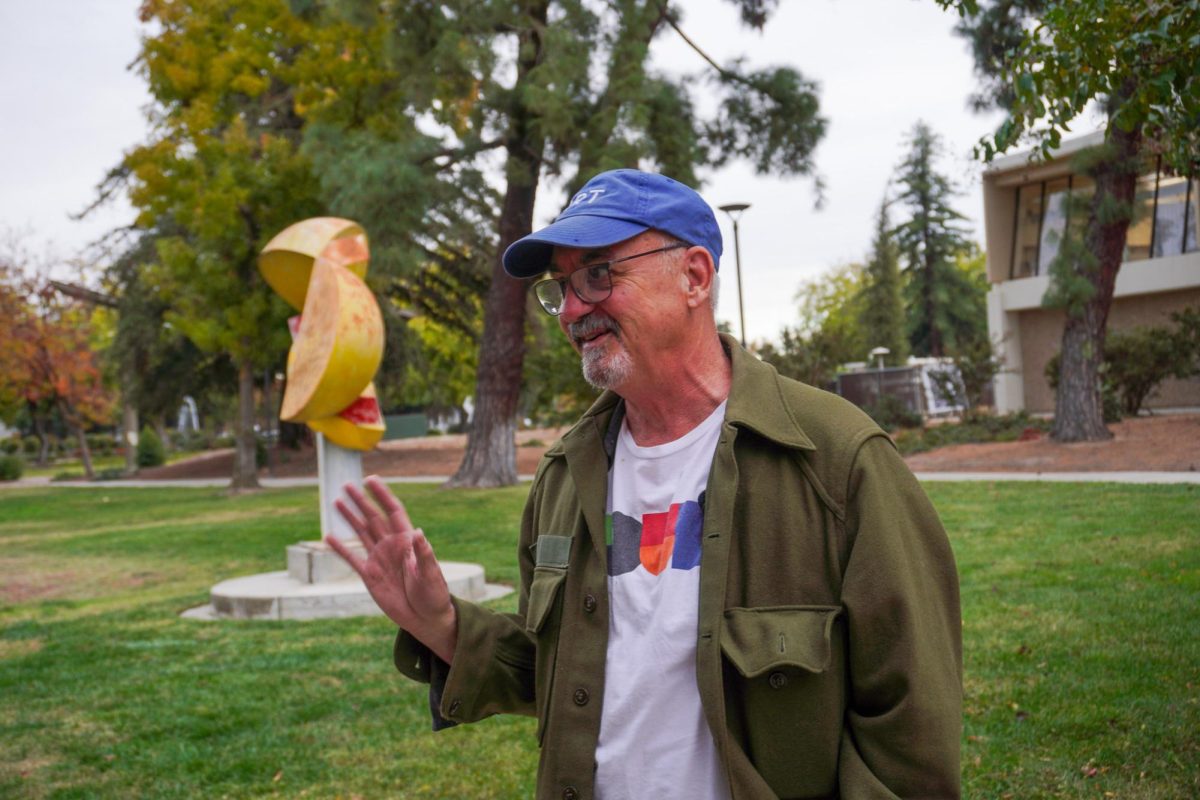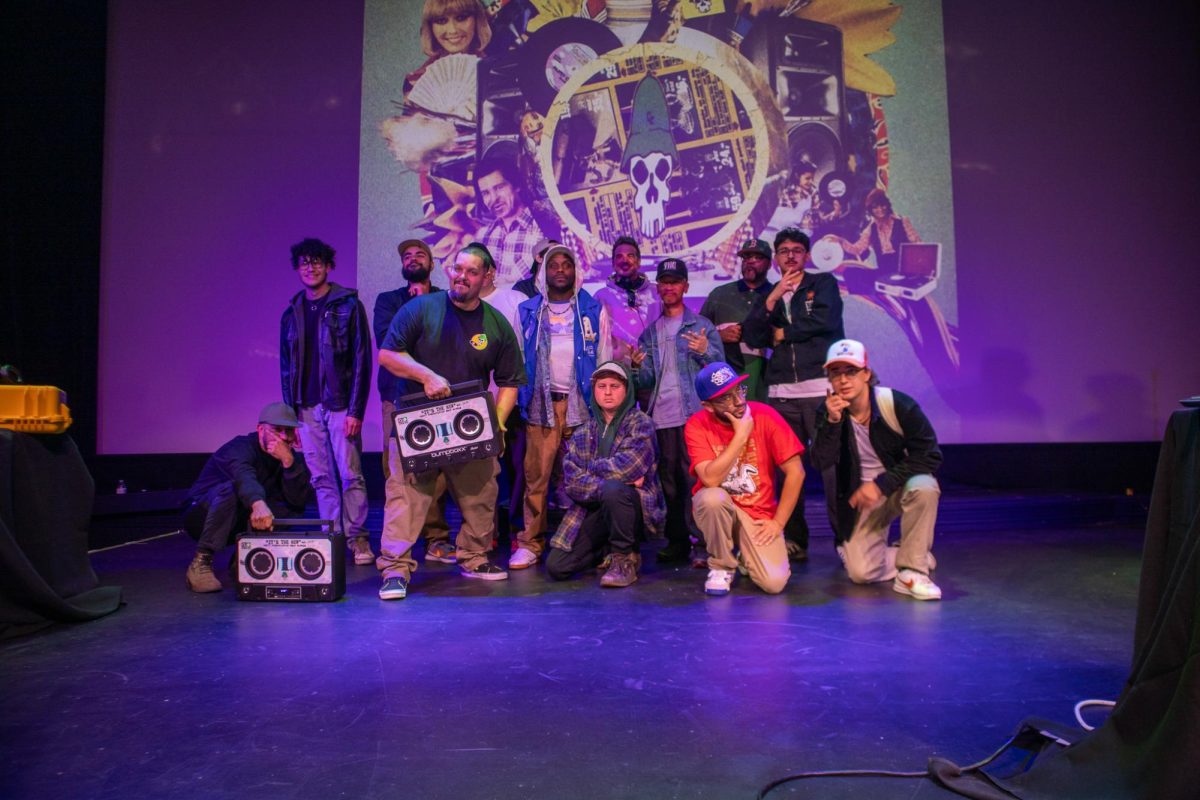In my opinion, great television is always better than a good movie. A television show allows the characters to evolve over time. The character arcs can be expanded and there is room to develop stronger motivations. A character may start as a protagonist and end as an antagonist, or vice versa. Characters may even tread the line of a morally gray figure, sometimes referred to as an anti-hero.
Walter White, Omar Little, Don Draper, are all examples of characters that the viewer roots for despite their irredeemable actions. What makes a television show great is when they make the viewer love a character whom they should otherwise hate.
Those initial feelings of admiration can often sometimes turn to hate when rewatching these television shows.
On my first watch of “The Sopranos,” I remember feeling empathy for Tony Soprano. He was a man who cared for his family and he would do anything for them. I was blinded to Tony’s actions as a vindictive mafioso because I enjoyed watching him cheer for his son at his football game or play cards with his friends.
On my third rewatch of the series, I noticed my opinions of Tony Soprano had changed. I recognized that Tony never was willing to compromise for those closest to him. If he had to choose between personal gain and friendship, he would manipulate the situation to favor himself.
Christopher Moltisanti was one of the unfortunate victims of Tony’s greed. In the beginning of the series, Christopher was a protege to Tony and Tony loved him like a son, but love quickly turned to hate.
Christopher is forced to distance himself from Tony to keep from drinking again. Instead of being supportive of Christopher’s needs, Tony feels insulted. Their relationship slowly deteriorates and Tony loathes Christopher rather than understanding him and loving him as he once did.
I thought that Christopher was a needy character on my first watch. He never seemed to appreciate how much Tony did for him. As I rewatched the show, I realized that Tony only cared for Chris when it was convenient. Once Christopher started getting his life together, Tony threw him away like trash.
Television shows can have so much depth in its characters and writing. The best characters display subtleties that may go unnoticed on initial viewing, but the character’s true intentions may be revealed on when going back and taking a second watch.
Walter White was always a power hungry monster, Omar Little was always a homicidal sociopath, and Tony Soprano always operated on his own greed. Despite all these horrific qualities, the viewers love these characters on the initial watch of their series.
When I watched “The Sopranos,” I loved Tony Soprano despite his flaws. I still think the character is charismatic and entertaining, but I view him differently now that I have binged the show a few more times. Now, I see Tony as a greedy sociopath who has no remorse for anyone but himself.
Viewers evolve like the characters they are watching. With new experiences and age, their interpretations change and they view those characters differently than they once did.













